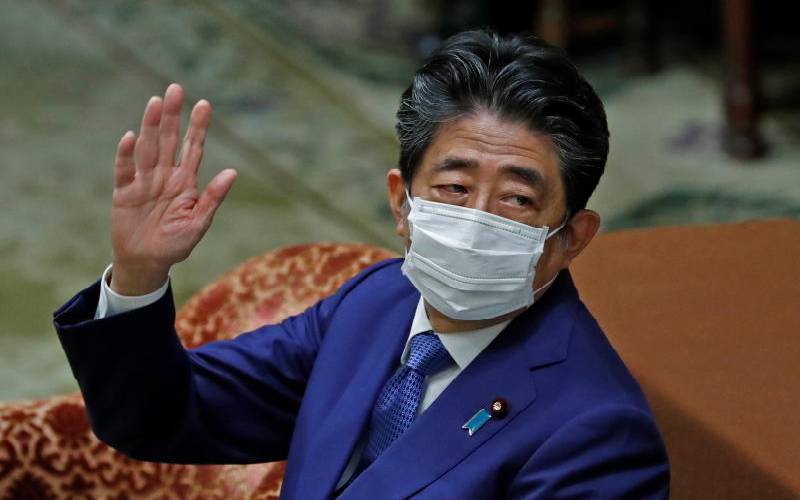×
The Standard e-Paper
Stay Informed, Even Offline

Former Japanese Prime Minister Shinzo Abe was set on Friday to correct statements he had made in parliament related to a political funding scandal that has also cast a pall over the current premier.
Abe apologised on Thursday for repeated false denials that his political funding group had subsidised cherry blossom viewing parties for his supporters, in possible violation of the country's strict political funding laws.